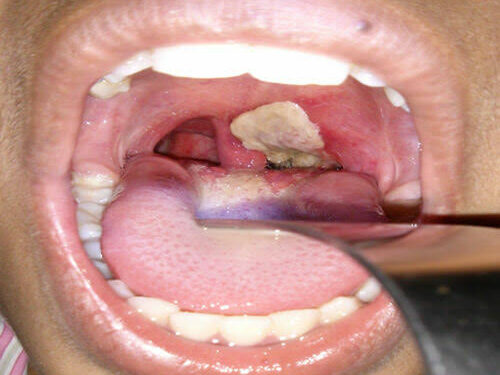In the face of the most severe diphtheria outbreak in recent global history, UNICEF in Nigeria is urgently raising concerns about the critical necessity for widespread vaccination.
The outbreak has inflicted significant tolls, with over 11,000 suspected cases and 7,202 confirmed cases spread across 105 local government areas in 17 states and the Federal Capital Territory. Alarmingly, the majority of these cases have affected children.
Tragically, the outbreak has resulted in a total of 453 confirmed deaths, giving rise to a case fatality rate of 6.3 percent. These statistics underscore the urgency of the situation.
UNICEF, in a statement released on Wednesday, has highlighted its crucial role in providing immediate support to the Nigerian government in its efforts to combat the outbreak. Part of this vital support includes the procurement of vaccines to strengthen the government’s response.
So far, UNICEF, on behalf of the government, has taken significant steps by deploying 9.3 million doses of diphtheria vaccines to the states directly affected by the outbreak. These states include Kano, Bauchi, Borno, Yobe, Katsina, Kaduna, and Jigawa. Notably, four million doses have been dispatched to Kano, which stands as the epicenter of the outbreak.
Furthermore, an additional four million doses of vaccines are in the process of being procured and will soon be handed over to the government.
To respond effectively to the growing outbreak, UNICEF Nigeria has stressed the need to secure additional funding amounting to $3.3 million by the end of the year. This financial support is deemed essential to fortify the response efforts and address the urgent vaccination needs in the affected areas.
Dr. Rownak Khan, the UNICEF representative, emphasized the devastating impact of the diphtheria outbreak, highlighting its significance as a stark reminder of the critical importance of vaccination.
Furthermore, Dr. Khan noted that Nigeria is home to a staggering 2.2 million children who have not received even a single dose of vaccine, making it the second-largest such population in the world.
Consequently, he underscored the collective and non-negotiable imperative to take urgent actions aimed at significantly reducing this alarming number, stressing that every child deserves protection from preventable diseases.












